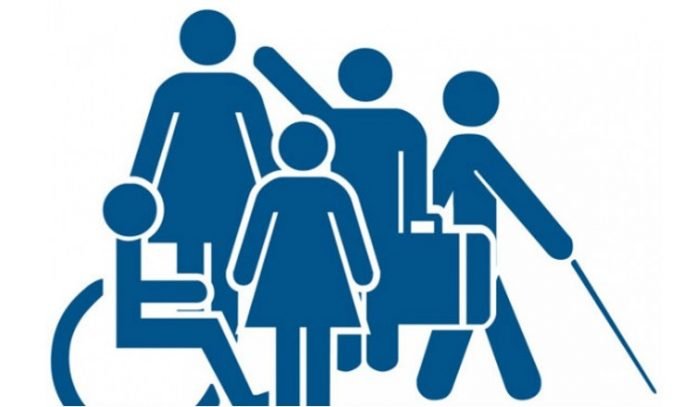Disability Employment Services (DES) is a program of the Australian Government to help individuals with accidents, diseases, or disorders seek and maintain employment. With DES, qualified people with disabilities, injuries, or medical conditions can be supported to train for, and pursue a career. Support may include career counselling, job preparation, portfolio development, and coaching. They can also help you in job hunting and ongoing aid at the workplace (if you need it), such as funds for the required changes to the workforce and pay discounts for businesses.

A combination of different organizations that promote people with disabilities who also collaborate with business owners in helping them build policies to benefit these workers in the working environment supports disability employment services (DES).
Disabled people can register for one of the two separate DES services based on the type of disability:
- Disability Management Service (DES-DMS) – intended for career-seekers with disabilities, accidents, or medical problems who need help to find work and even workplace assistance.
- Employment Support Service (DES-ESS) – offers resources to job-seekers with a permanent disability in getting a job, especially those who need continuous support and assistance in the workforce to sustain a career.
- You can find a DES provider here.
How does the Disability Employment Services (DES) work?
Centrelink refers applicants to disability employment services (DES) providers. They evaluate job-seekers whether they are suitable for Disability Employment Services. If eligible, they will send the job seeker to a provider near their home.
Job applicants can also get in touch directly with the Disabled Employment Services provider. The contractor will then consult with Centrelink to ensure that the prospective employee is qualified to enter the program. When a potential employee has a chosen DES provider, Centrelink may also recommend transferring to that service provider.
The DES providers will then consult with the job applicant and evaluate and recognize their circumstances. They must plan the different support services designed to help them locate and keep jobs. The service also provides support for businesses that seek to hire new workers or those who want to modify their workplace for people with disabilities.
How can job seekers be eligible for the Disability Employment Services (DES) program?
To be eligible for the service, you need to have an injury, illness, or disability that impacts your job. You can be an Australian citizen, a legal resident, or somebody whose residence in Australia is not restricted by legislation. You should also be 14 years of age and whose mandatory retirement age is at least eight hours a week.
How do you choose a Disability Employment Services (DES) provider?
Selecting a DES provider can be overwhelming, but consider these tips to help you make the right decision.
Ensure your advisors invest time to get to know the labour markets and potential around you so that when you have particular requirements, they know the right employers in the local area with roles that will best suit you. You can also ask if they’re working with local companies to determine the type of worker they’re searching for. If you are a perfect match, you can be recommended for them, and they will help you in preparing for the role.
Also, it’s beneficial if they can establish a personalized program and collaborate with you to refine your application process, CV, and interpersonal skills. Once you find employment, the assistance from the DES Company should not stop. You and your current employer need to make use of all your experience so you can explore what help you will need in the workforce towards becoming a successful team member.
If you are eligible to use a DES provider, you can choose who you want to go to because it is your privilege to select and switch DES providers when they do not meet your needs. The National Standards protect this right for Disability Services. Most users report that their DES provider has been chosen for them, typically from a support centre, but you need not let others decide for you. You can make an educated decision by studying the providers in your location.
Author – Marie Wise
Leave a Reply